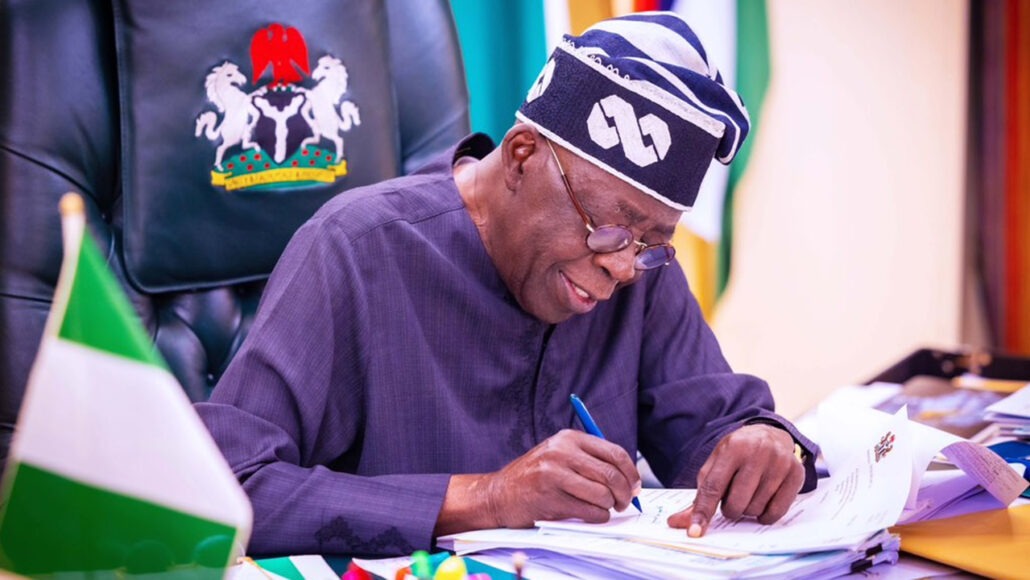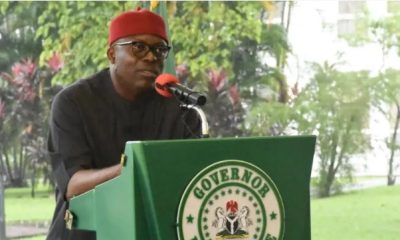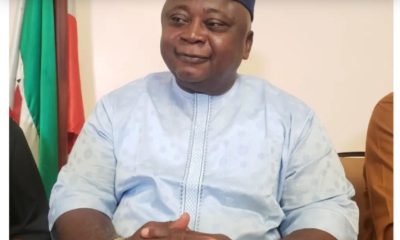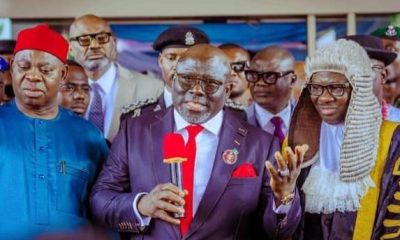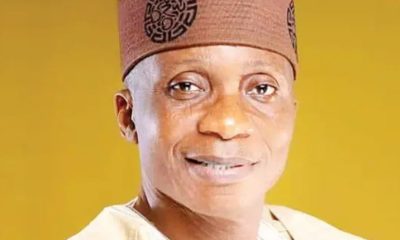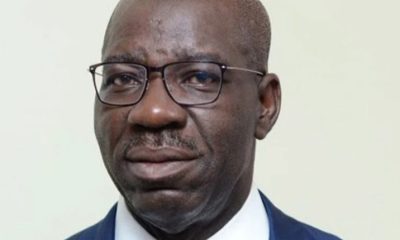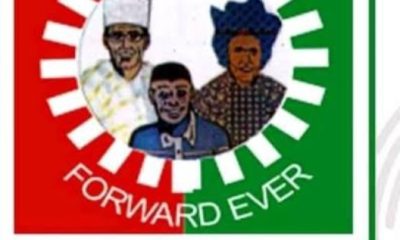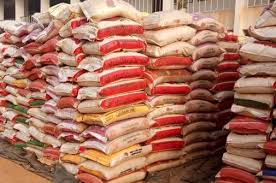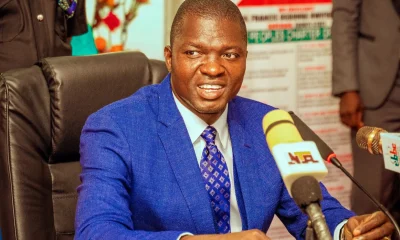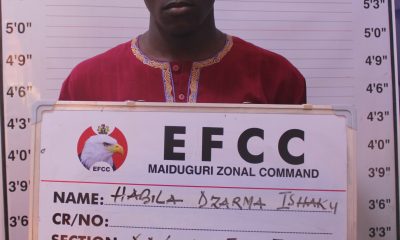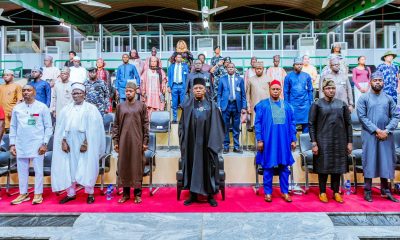Stakeholders in the rice sector have lamented the rising cost of the produce in spite of the Federal Government’s tax waiver.
The stakeholders disclosed this in separate interviews with the News Agency of Nigeria (NAN) on Sunday in Lagos.
NAN reports that the Federal Government temporarily waived import duties and Value Added Tax on rice and other essential food items to help curb food inflation and ease economic pressures on citizens from July 15, 2024 to Dec. 31, 2024.
The eligible items include husked brown rice, sorghum, millet, maize, wheat, and beans.
Specifically, the Nigeria Customs Service, on Aug. 14, released implementation guidelines that temporarily waives all import (and associated levy) taxes for rice, sorghum, millet, corn, wheat, and beans until Dec. 31, 2024.
The Chairman Rice Farmers Association of Nigeria (RIFAN), Lagos State chapter, Mr Raphael Hunsa, urged the government to engage local rice farmers than overdependence on import of the produce.
“The tax waiver is being mishandled that is why we are not seeing its impact in cutting down the price of rice in our markets.
“The Federal Government is trying its best to do something about the food inflation in the country. It is just that when these provisions gets to the middlemen, before getting to the grassroots there are discrepancies.
“The government should call together the stakeholders in the rice sector to address the hike in the price of the produce.
“Let the government work together with the stakeholders for the sustainability, availability and sufficiency of rice locally.
“These set of businessmen that the government is giving license to import rice with tax waivers are just working for their own benefits.
“When the government partners with RIFAN and all stakeholders in the rice sector, it will get to the grassroots and the price of rice will drastically drop,” Hunsa said.
According to him, there will be enough rice if farmers are cultivating and harvesting regularly.
“When we have enough rice farmers cultivating and harvesting rice regularly, things will work well and there will be no need to import rice to country.
“The countries where we are importing rice if they do not cultivate rice then we will feed them and who will feed Nigerians?
“Let the government focus its attention on the local rice sector and then things will work well,” he said.
On his part, Mr Akin Alabi, agriculture expert and co-founder Corporate Farmers International, called for monitoring and compliance of the tax waiver at the nation’s borders.
“The government has effected tax waiver on rice, and that has been done many months ago. However, the reason why it is not effective is because there is difference between pronouncement and action.
“Now, the question is, when the Federal Government pronounces it, will government ensure it is actionable? That is the question. Are those tax waiver actionable at the borders?
“So, the government needs to work effectively with customs and ensure that the pronouncement of tax waiver on rice and other essential commodities is duly effected for the citizens.
So that we can get these food items at affordable prices.
“The festive season is just few days away and to be realistic, we do not know what the price of rice, a staple, might be in the next couple of days because of the rush that is going to come with it.
“So, government needs to tailor down the effectiveness of the tax waiver pronunciation to reflect on food prices,” Alabi said.
Also speaking, Mr John Nwabueze, foodstuff trader at Alimosho area of Lagos State, said the tax waiver on rice is not evident as the price of the produce is on the increase daily.
“The price of short grain rice is at N86,000 compared with N70,000 and below we sold two months ago. While the long grain rice now sells from N120,000 and above as against N80,000 sold two months ago.
“We heard the government has granted tax waiver for rice importation, but it is only in the news we see that, the case in the market is different, the price keep soaring.
“If the tax waiver on rice is enforced we will see it in the price of the produce, but they can say it and when we go to the market, we see something different.
“The price of rice may likely go up during the Christmas season but if the tax waiver is really implemented the price of a 50kg bag of rice can go as low as N50,000 to N65,000,” Nwabueze said.
Mrs Ada Okoli, a consumer, decried the current price of the produce in the market.
Okoli called for government’s intervention to address the persistent hike in the price of the produce and others ahead of the yuletide.
